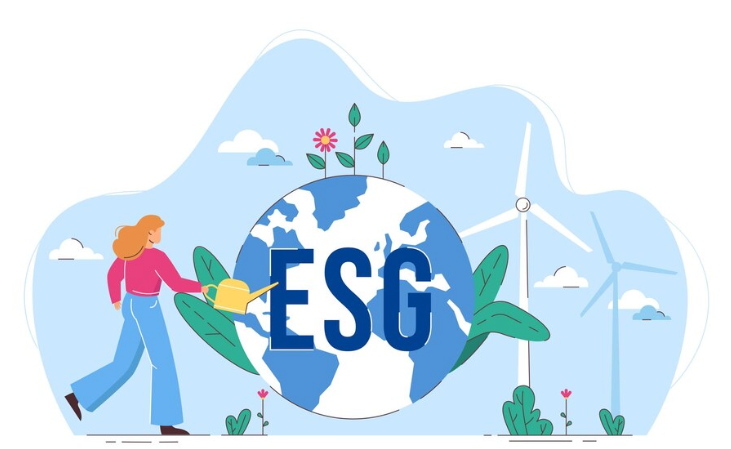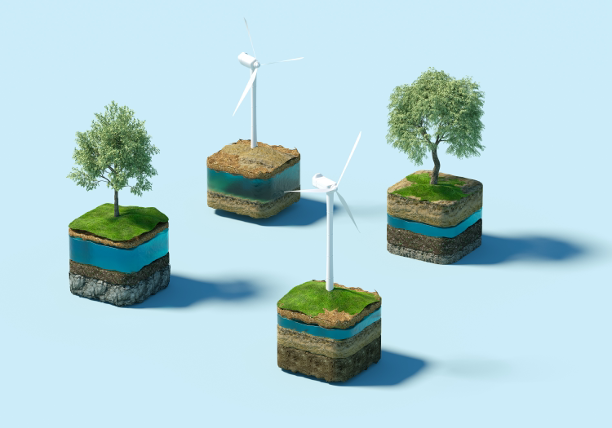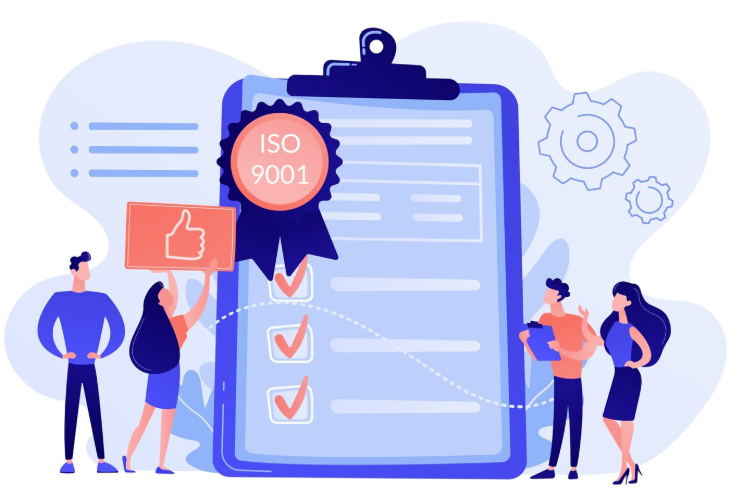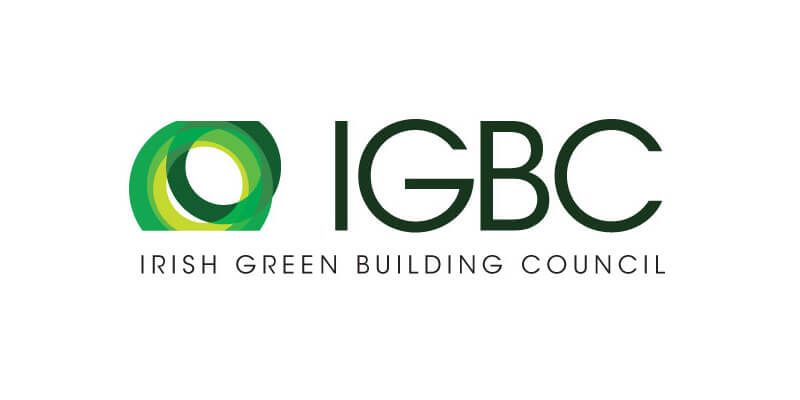
#Renewables #Sustainability #Energy Management #Energy Consultancy #Hospitality
In the wake of a global push for sustainability, hotels are now under increasing pressure to shrink their carbon footprint. The shift is palpable, with a staggering 81% of travellers expressing a preference for eco-friendly accommodations.
This trend is further underscored by Booking.com's innovative sustainability program, featuring a three-leaf rating system that enables patrons to gauge a hotel's commitment to environmental practices.
As eco-conscious choices become pivotal in travellers' decision-making processes, hotels are left pondering: How can they practically embark on a journey to lower their carbon footprint, reduce energy costs and make a positive impact on the environment?
Energising Hotels with Energy Efficiency Solutions.
When it comes to energy-efficient environmental solutions, hotels have a variety of options at their disposal.
The key is to tailor the approach to each hotel's unique characteristics: from solar generation, wind turbines to simply purchasing Energy Attribute Certificates the focus is on delivering results without imposing heavy financial burdens.
List of Services
-
LED LIGHTINGList Item 1
Let's delve into the transformative power of LED lighting, an economical and environmentally friendly solution that not only boasts an extended lifespan but also promises significant energy savings.
With low wattage and high efficiency, LED lighting offers a rapid return on investment, making it a compelling choice for hotels seeking sustainable illumination.
-
VPOList Item 2
Explore Voltage Power Optimisation (VPO), a technology designed to regulate incoming voltage, effectively reducing energy consumption and emissions.
Ideal for hotels with a consumption of over 150,000 kWh/year, VPO can save between 4% and 12% on total electricity costs while safeguarding equipment from excessive voltage.
-
HVACList Item 3
HVAC Optimisation tackles the often-overlooked realm of heating, ventilation, and air conditioning, optimising system runtime for a potential reduction in running costs by 10% to 30%, with a typical return on investment ranging from one to three years.
Witness the success story of an international Michelin star hotel, which, faced with soaring energy bills, partnered with Bramo Energy to implement energy-saving measures.
Through a strategic audit and the adoption of solutions such as LED lighting, voltage power optimisation, and HVAC optimisation, the hotel achieved impressive savings of £125k, equivalent to 30% of total energy consumption over a year.
Hotels and Local Sustainability
Hotels serve as gateways to the unique offerings of their local communities. What better way to contribute to the environment than by supporting local artisans practicing sustainable methods?
From in-room amenities like towels, soap, tea, and coffee to curated local experiences for guests, hotels have a golden opportunity to create a win-win-win scenario.
By localising their supply chain, hotels not only promote the environmental aspects of their products but also become integral pillars of the community. For artisans, this translates into a platform to showcase their products and grow their businesses. Guests, in turn, gain a deeper understanding of the area, confirming the hotel's environmental credentials and encouraging engagement with the local community.
Explore diverse avenues for localising your supply chain, from sourcing locally grown food and beverages for the hotel's restaurant to featuring regional artists, musicians, and performers in entertainment offerings.
By prioritising local service providers for maintenance and repairs, hotels can simultaneously reduce their environmental impact and contribute to the economic well-being of the community.
Tracking Carbon Emissions: A Path to Platinum Accreditation
While currently not mandatory for all businesses, tracking and reporting carbon emissions is an invaluable exercise for hotels.
Beyond legal compliance, this practice offers a deep understanding of emission sources, allowing hotels to create baseline years for progress tracking. Moreover, it positions them for accreditation from Net Zero bodies, marking a journey from bronze to platinum.
Picture the benefits of proactively monitoring carbon emissions—understanding sources, showcasing progress from baseline years, and achieving prestigious accreditation from Net Zero bodies. The tedious task becomes a strategic advantage, with each year presenting new targets and lower emissions.
Hotels possess a unique opportunity to lead the sustainability charge.
By implementing energy-efficient technologies and adopting a sustainable ethos, these hotels can stand out in an era where eco-conscious choices shape consumer decisions.
The success story of the Michelin star hotel mentioned above, highlights the substantial cost savings and environmental benefits achievable through a proactive approach to energy management.
Energy purchasing must be an integral part of a business, and like purchasing food and beverage, this must be monitored consistently for optimal efficiency.
Moreover, hotels can play a pivotal role in local communities, supporting artisans, sourcing locally, and offering guests authentic, regionally relevant experiences. This not only fosters a positive relationship with the community but also aligns with sustainability goals, marking a strategic approach for a responsible and resilient future.
In conclusion, sustainability is more than an environmental commitment; it's a strategic pathway to enhancing a hotel's reputation, reducing costs, and contributing to a future marked by responsibility and resilience.
Would you like to know more?
Our energy specialists can assist you in meeting the deadlines and fully realising the advantages of adhering to compliance.
Feel free to contact us at hello@bramoenergy.com.





























